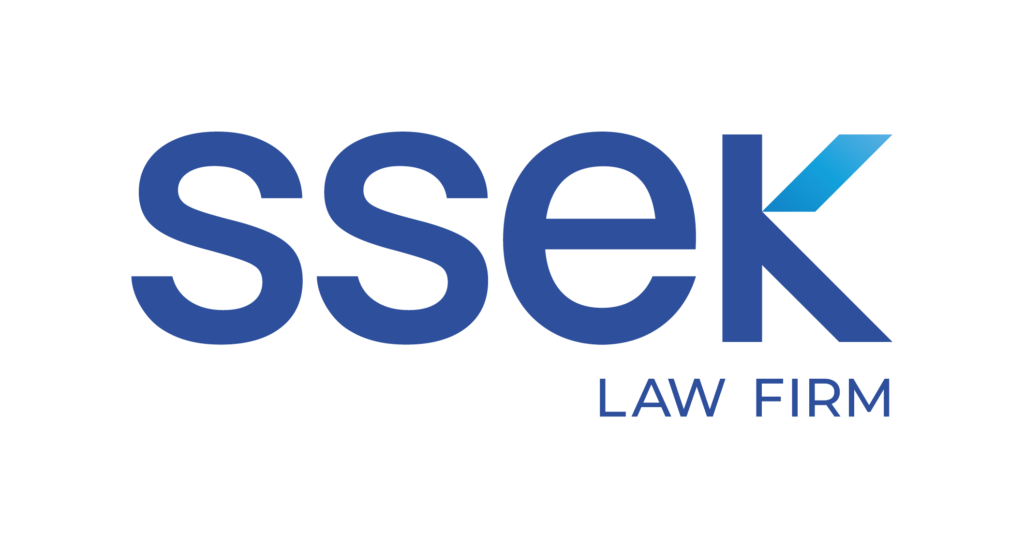Indonesia Halal Certification Compliance Strengthened: Mandatory Labelling And Publication For Certified Products.
The Indonesian government has introduced a new layer of accountability for businesses under the Halal Product Assurance framework. Circular Letter of the Halal Product Assurance Organizing Agency (Badan Penyelenggara Jaminan Produk Halal or “BPJPH”) No. 7 of 2025 regarding the Publication of Halal Products and the Obligation to Include the Indonesian Halal Label on Halal-Certified Products (“BPJPH CL 7/2025”), issued on August 28, 2025, requires business actors not only to be halal-certified, but to visibly signal the halal status to the market.
Under this circular, business actors must comply with two key obligations: (i) to display the national halal label using BPJPH’s official design and placement standards; and (ii) the publication of the halal status across digital channels (company websites, social media, marketplaces, digital catalogues, etc.).
Business actors must send proof/links of such publication to BPJPH at: publikasi@halal.go.id.
BPJPH CL 7/2025) is part of the broader implementation of Law No. 33 of 2014 regarding Halal Product Assurance, as amended by Law No. 6 of 2023 regarding the Stipulation of Government Regulation in Lieu of Law No. 2 of 2022 regarding Job Creation to Become Law (“Halal Assurance Law”) and Government Regulation No. 42 of 2024 regarding the Implementation of Halal Product Assurance.
Collectively, these instruments aim to strengthen consumer protection, ensure legal certainty and enhance public awareness of halal standards in Indonesia.
Implementation Context
Since the enactment of the Halal Product Assurance Law, all products circulated, imported or traded in Indonesia must be halal-certified, except those explicitly made from prohibited (haram) materials, which must instead be labelled “non-halal.”
Mandatory halal certification is being implemented in stages, based on the scale and origin of the business. For medium and large enterprises, the obligation to obtain halal certification for food, beverages, slaughtered products and slaughtering services was in effect from October 17, 2019, to October 17, 2024. The phased enforcement period for the same product categories extends from October 17, 2019, to October 17, 2026, for micro and small enterprises.
For imported or foreign products, the effective date for mandatory halal certification will be determined by the Minister of Religious Affairs no later than October 17, 2026.
Certification Process
BPJPH issues a halal certificate following an inspection by a Halal Inspection Agency (Lembaga Pemeriksa Halal or “LPH”) and the issuance of a halal fatwa by the Indonesian Ulema Council (Majelis Ulama Indonesia or “MUI”). The certificate remains valid as long as the raw materials, formulation or production process do not change.
The certification requirement applies to both goods and services. Goods include food, beverages, medicines, cosmetics, chemicals, biological and genetically engineered products, and other consumer goods. Services subject to halal certification include slaughtering, processing, storage, packaging, distribution, sales and presentation of products.
Halal Label Transition
Head of BPJPH Decree No. 145 of 2022 regarding Halal Logos and Labels for Certified Products, as amended by Head of BPJPH Decree No. 88 of 2023 (“BPJPH Decree No. 145/2022”), requires business actors to include the official Indonesian Halal Label on every certified product.
This regulation formally transitions Indonesia’s halal label from the previous MUI halal logo to the new national halal logo established by BPJPH. Businesses still using the old logo may continue doing so until October 17, 2026, by which time they must either deplete their packaging stock or affix the new halal label to subsequent production runs. The transition may occur gradually as existing packaging is phased out, with companies encouraged to redesign their product packaging to align with BPJPH’s official labelling standards.
BPJPH CL 7/2025 reinforces that the halal label must be clear and correctly placed on product packaging, a specific part of the product or any other designated location.
Key Provisions
a. Mandatory Use of the Indonesian Halal Label
All business actors whose products have obtained halal certification are required to display the official Indonesian Halal Label clearly and correctly. The label must appear on:
- Product packaging;
- Specific parts of the product; or
- Other designated areas as regulated under applicable regulations.
This requirement aims to ensure clarity, transparency and accurate information for consumers regarding the halal status of products in the market. Under BPJPH Decree No. 145/2022, exemptions to the requirement to include halal labels on certified products apply to:
- Products with packaging too small to fit all required information;
- Products sold and packaged directly in front of consumers in small quantities; and
- Products sold in bulk without individual packaging.
b. Publication Requirements
Every business with halal-certified products must publish their halal status through electronic media, company websites, social media platforms or other promotional channels such as marketplaces and digital catalogues.
Each publication must include at least:
- A visual display of the Indonesian Halal Label in promotional materials;
- The inclusion of halal information in advertisements, catalogues or consumer testimonials; and
- A clear presentation of halal certification details accessible to the public.
Business actors must submit links or evidence of publication to BPJPH via email at publikasi@halal.go.id. This aims to ensure traceability and verification of public communications concerning halal certification.
c. Linking to BPJPH Official Accounts
When posting on social media, business actors are required to mention or tag BPJPH’s official accounts:
- Instagram and Threads: @halal.indonesia
- TikTok: @halal.indonesia
- X (Twitter): @halalindonesia_
- Facebook: Halal Indonesia
- YouTube: Halal Indonesia
BPJPH will collaborate to feature engaging and educational halal content on its official social media pages.
d. Supervision and Sanctions
BPJPH will supervise compliance with the labelling and publication requirements in coordination with the relevant authorities. Failure to display the Indonesian Halal Label on certified products may result in administrative sanctions, which can include:
- Written warning;
- An administrative fine of up to IDR 2 billion;
- Revocation of the Halal Certificate; and/or
- Withdrawal of the product from circulation.
What Business Actors Should Do
To comply with the latest halal regulation, business actors should:
- Ensure all circulating products have valid halal certificates.
- Display the official Indonesian Halal Label on packaging.
- Publish the halal status of products on digital and social media platforms.
- Submit evidence of publication to BPJPH via publikasi@halal.go.id.
- Report any changes in product composition or packaging to BPJPH through the SIHALAL platform.
The overall direction of halal compliance in Indonesia is moving beyond certification documentation, toward greater public transparency and visibility at consumer touchpoints.
Further Reading:
Indonesia Halal Certification Deadlines
This publication is intended for informational purposes only and does not constitute legal advice. Any reliance on the material contained herein is at the user’s own risk. All SSEK publications are copyrighted and may not be reproduced without the express written consent of SSEK.







